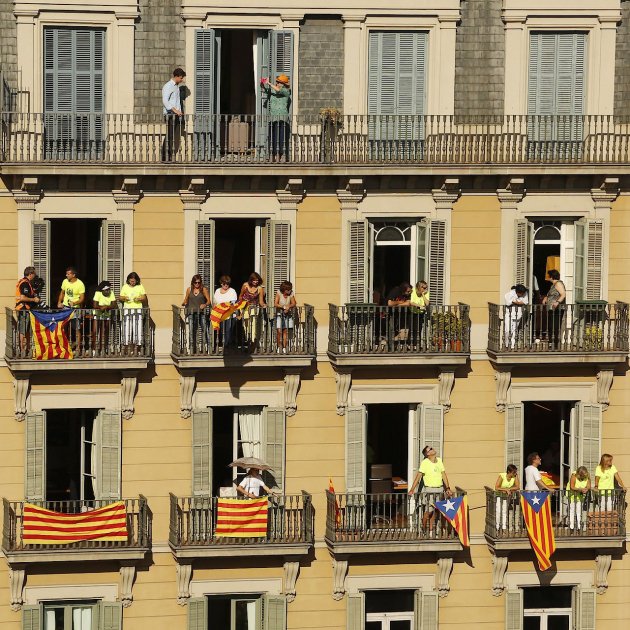The radio station France Culture has taken an in-depth look at what it is to be "Catalan" this Saturday, a few hours before European election day begins. In fact, in an article published on its internet portal, the French public broadcaster has taken as its starting point the history of the word "Catalan".
The article explains that the word "Catalan" today refers to "various political and geographical realities". It goes back to the twelfth century. On the other hand, the expression "Catalan countries" - països catalans - is much more recent, from the nineteenth century. This latter terms "refers to a series of territories that share Catalan culture, including, to a varying degree, the vector of the Catalan language."
The article, which also speaks of Catalan geography, reviews the political borders that have delimited the Catalan countries over the years.
One fact that France Culture highlights is that from the twelfth century on, the word "Catalan" has always ranged among various designations. On the one hand, it referred to "those who speak the Catalan language", but also to those fell within the sphere of influence of the kingdom. In the thirteenth century, a further idea was added: the word was used to label the "native Catalans" among the population.
From here, the historical events that led to the creation of a Catalan nationalism in its contemporary form are numerous, says the French broadcaster. The appearance of the word "Catalanism" was noted in 1859 and initially related to those who revered Catalan culture and language. Before too long a political nuance was added.
